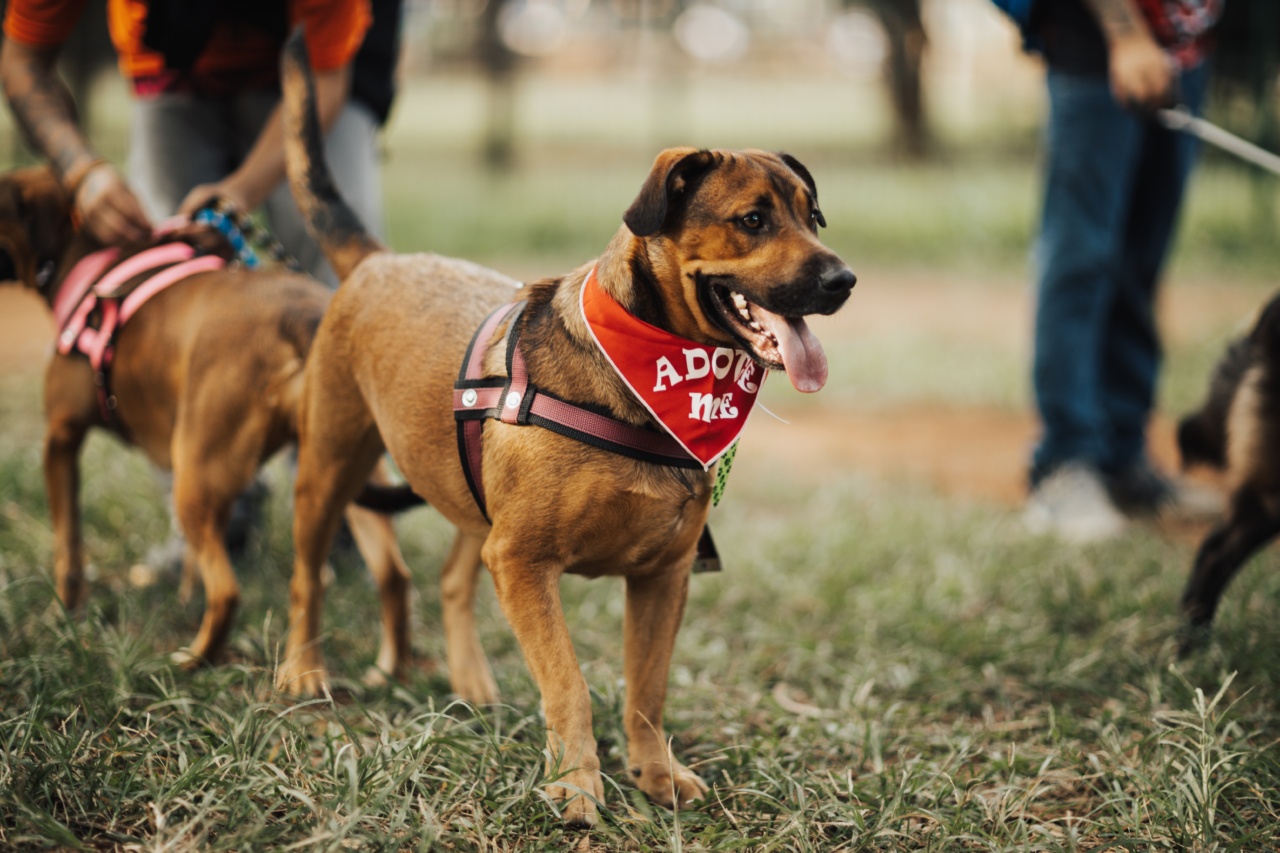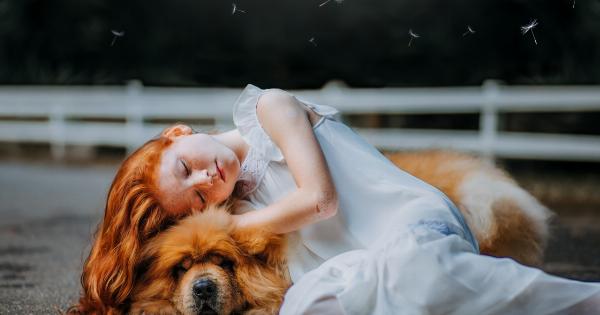Have you ever noticed your dog twitching, whimpering, or flailing in their sleep? It might be tempting to think they’re having a nightmare, but is that really possible?.
While we can’t say for certain what’s going on in our furry friends’ brains when they’re snoozing, there is some evidence to suggest that dogs can indeed have nightmares. Here’s what you need to know:.
What Are Dreams and Nightmares?
Before we can answer the question of whether or not dogs can have nightmares, we need to first understand what dreams and nightmares are.
Dreams are a type of unconscious experience that typically occur during rapid eye movement (REM) sleep. During this stage of sleep, our brains are highly active and our eyes move quickly back and forth.
While we don’t fully understand why we dream, it’s thought that dreams may help us process emotions, consolidate memories, or practice problem-solving.
Nightmares, on the other hand, are a type of dream that’s characterized by intense feelings of fear, anxiety, or dread. They’re often vivid and realistic, and can be difficult to shake off even after we wake up.
Some people experience nightmares more frequently than others, and repeated nightmares can be a sign of an underlying mental health disorder.
Do Dogs Dream?
So do dogs dream, and if so, what do they dream about?.
Research has shown that many animals experience REM sleep, which suggests that they’re dreaming. In fact, studies have found that dogs, just like humans, experience the same stages of sleep that we do, including REM sleep.
One study published in the journal Animal Behaviour found that dogs appear to dream about things that have happened to them while they’re awake.
For example, dogs that had been trained to retrieve objects would twitch and move their legs as if they were running and jumping while they slept.
So while we can’t exactly ask dogs what they’re dreaming about, it seems likely that they do dream about things that are meaningful to them.
Can Dogs Have Nightmares?
So if dogs dream, does that mean they can have nightmares?.
While we can’t say for sure what dogs are dreaming about, there is some evidence to suggest that they can experience dreams that are similar to our nightmares.
For example, a study published in the journal PLOS ONE found that rats that were exposed to a stressful environment while they were awake were more likely to have nightmares in their sleep.
The researchers hypothesized that this might be because the rats had experienced elevated levels of stress hormones, such as cortisol, which can influence the content of our dreams.
Similarly, dogs may also be more likely to have nightmares if they’ve experienced a traumatic or stressful event. For example, a dog that’s been abused or neglected might have nightmares about those experiences while they sleep.
How Can You Tell if Your Dog is Having a Nightmare?
If you’ve ever watched your dog sleep, you might have noticed them twitching, whining, or even barking in their sleep. So how can you tell if they’re having a nightmare?.
Experts suggest that dogs who are having a nightmare might appear tense, with their muscles twitching or their breathing becoming irregular. They might also whimper, whine, or even cry out in their sleep.
After they wake up, they might seem disoriented or confused, and it might take them a few moments to realize where they are.
If you suspect your dog is having nightmares, it’s important to be patient and understanding. Just like us, dogs can have bad dreams, and they might need some extra comfort and reassurance after a particularly frightening episode.
What Can You Do to Help Your Dog?
If you think your dog might be having nightmares, there are some things you can do to help them feel more comfortable:.
- Be patient: If your dog wakes up from a nightmare, give them some time to readjust before trying to comfort them. They might need a few minutes to come back to reality.
- Offer comforting touches: Just like us, dogs might find physical contact soothing after a bad dream. Try offering gentle touches or cuddles to help them feel safe and loved.
- Distract them: If your dog seems especially agitated after a nightmare, try distracting them with a favorite toy or treat. This can help them shift their focus away from their bad dream and onto something positive.
- Talk to a vet: If your dog is having frequent nightmares or seems especially traumatized after a bad dream, it’s a good idea to talk to a vet. They might be able to offer additional advice or suggest treatments that can help.
The Bottom Line
While we can’t say for certain whether dogs can have nightmares, it’s certainly possible. Just like us, dogs can dream and may experience a range of emotions while they snooze.
If you think your dog might be having nightmares, try to be patient and understanding. With some extra comfort and TLC, your pooch can hopefully snooze peacefully and without fear.






























